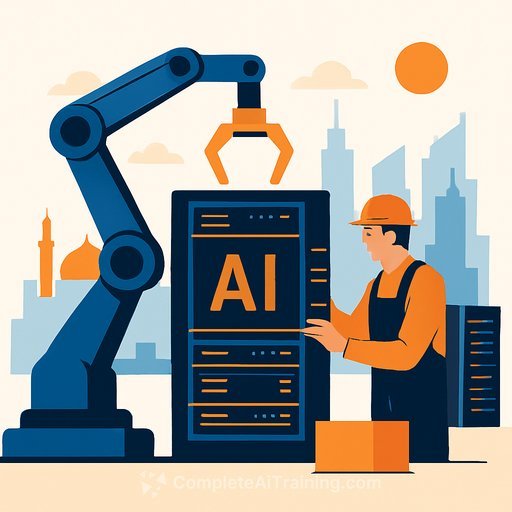AI Strategy SAP: Will AI Replace Humans For C-Suite Strategy Decisions?
AI is increasingly trusted by executives for critical strategic decisions, shifting from a back-office tool to a key adviser in boardrooms. A recent survey by SAP reveals that 74% of business leaders now place more trust in AI input than in advice from colleagues or friends. Even more striking, 44% say they would let generative AI override decisions they had already planned, signaling a major change in how executives make decisions.
Jared Coyle, SAP America’s Chief AI Officer (CAIO), describes AI as the C-suite’s “strategic copilot.” According to the survey, AI currently handles data analysis and recommendations for 52% of executives, identifies hidden risks for 48%, and suggests alternative strategic paths for 47%. This technology allows leaders to challenge assumptions, test scenarios, and make more informed decisions about their business.
The Depth of Executive Reliance on AI
AI’s role in decision-making spans practical, everyday applications. Success now depends on blending human experience and emotional intelligence with machine insights to build effective strategies. Coyle shares that AI assists him personally and professionally—from crafting personalized bedtime stories to planning family vacations—while noting its limits, such as managing complex scheduling.
Christian Klein, SAP’s CEO, uses generative AI to preview quarterly earnings and understand company performance better. AI’s reach extends across the C-suite:
- Automated anomaly detection in financial transactions for CFOs
- Streamlining contract review and generation for Chief Procurement Officers
- Capacity planning and market demand management for COOs
Document analysis remains a key use case, with AI summarizing complex topics and generating action items. Unlike human advisers, AI can process billions of data points rapidly, providing unparalleled analytical depth.
Infrastructure Challenges Threaten AI’s Integration Success
Despite widespread adoption, many companies face challenges that limit AI’s effectiveness. Poor data infrastructure, misalignment between IT and business teams, patchy system integration, and data quality issues all undermine AI’s role as a strategic advisor.
Coyle warns that although AI aids business decisions, overreliance risks dulling critical thinking. Human judgment remains essential in strategic decision-making since AI cannot replicate it. The key to successful AI integration is augmenting executive insight rather than replacing it.
Leadership is evolving from a command-and-control model to one of co-creation. Those who succeed will be leaders who combine human experience and emotional intelligence with AI-driven insights to form clear, forward-looking strategies.
For executives ready to enhance their AI skills and integrate these tools effectively, exploring specialized courses can provide practical knowledge. Resources like Complete AI Training’s courses for executives offer focused learning paths to leverage AI in strategic roles.
Your membership also unlocks:





AI Capex on the Hot Seat: Apollo Exec's No Comment on Vendor Financing and Capex Recycling Stirs Transparency Debate